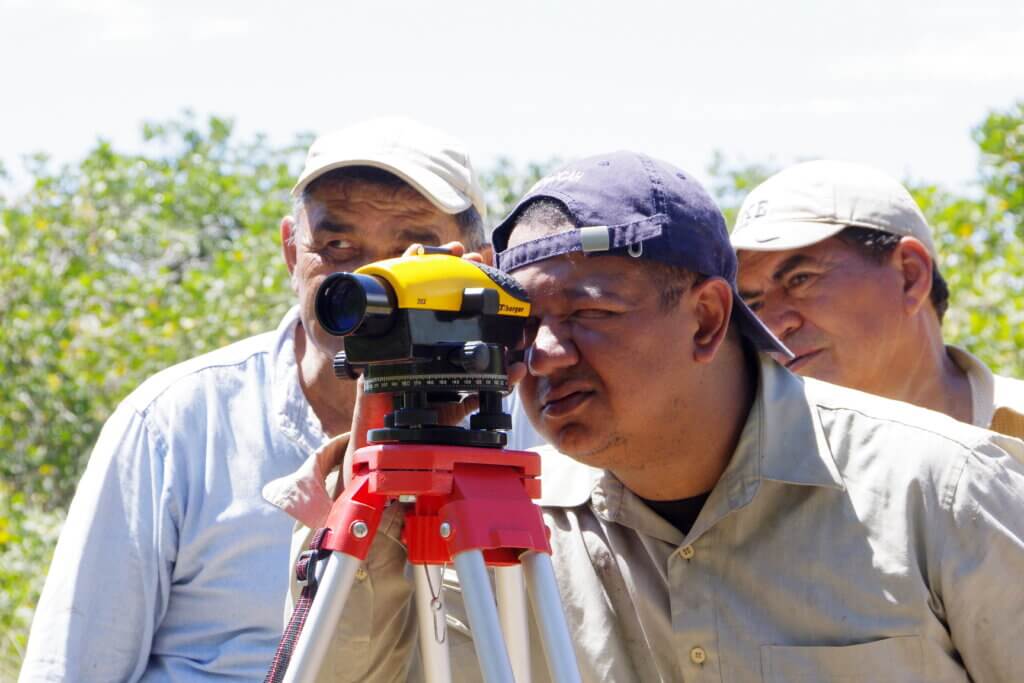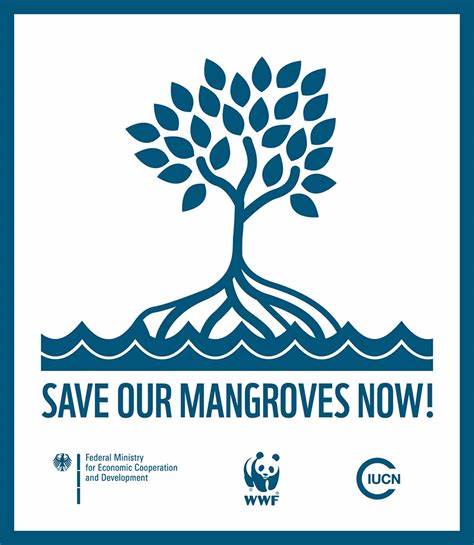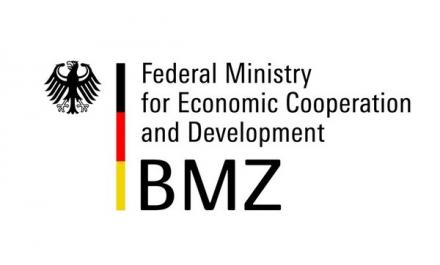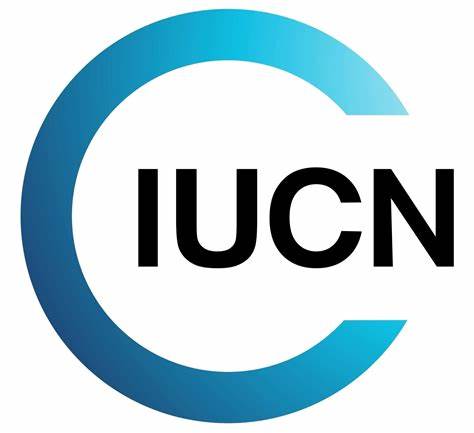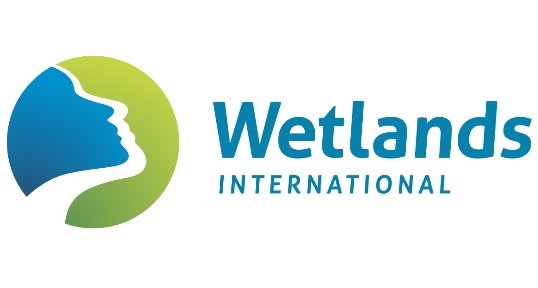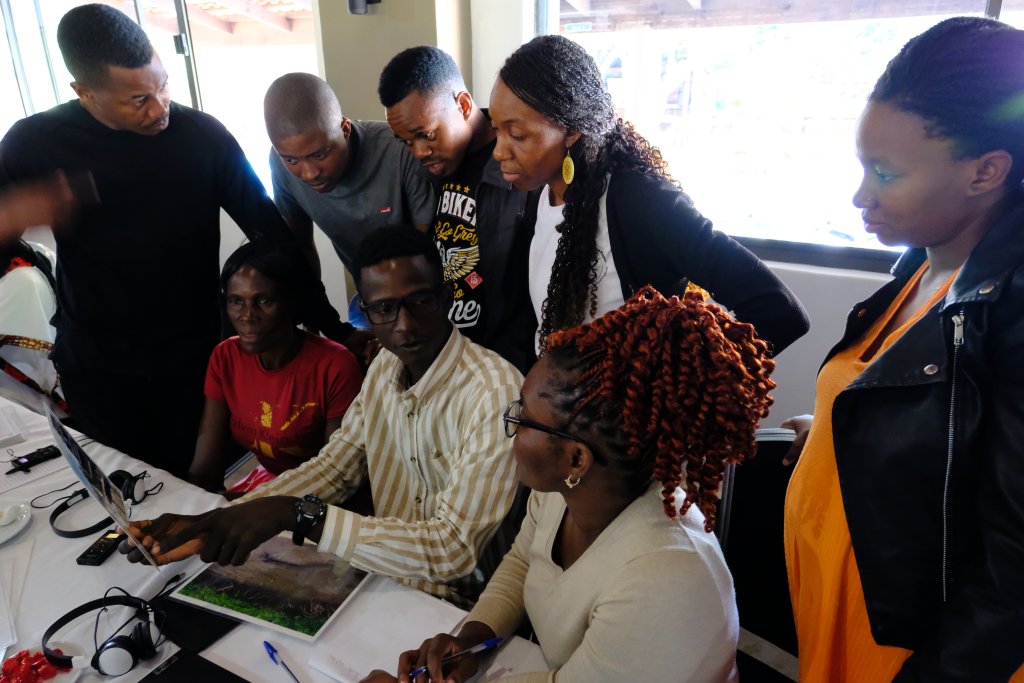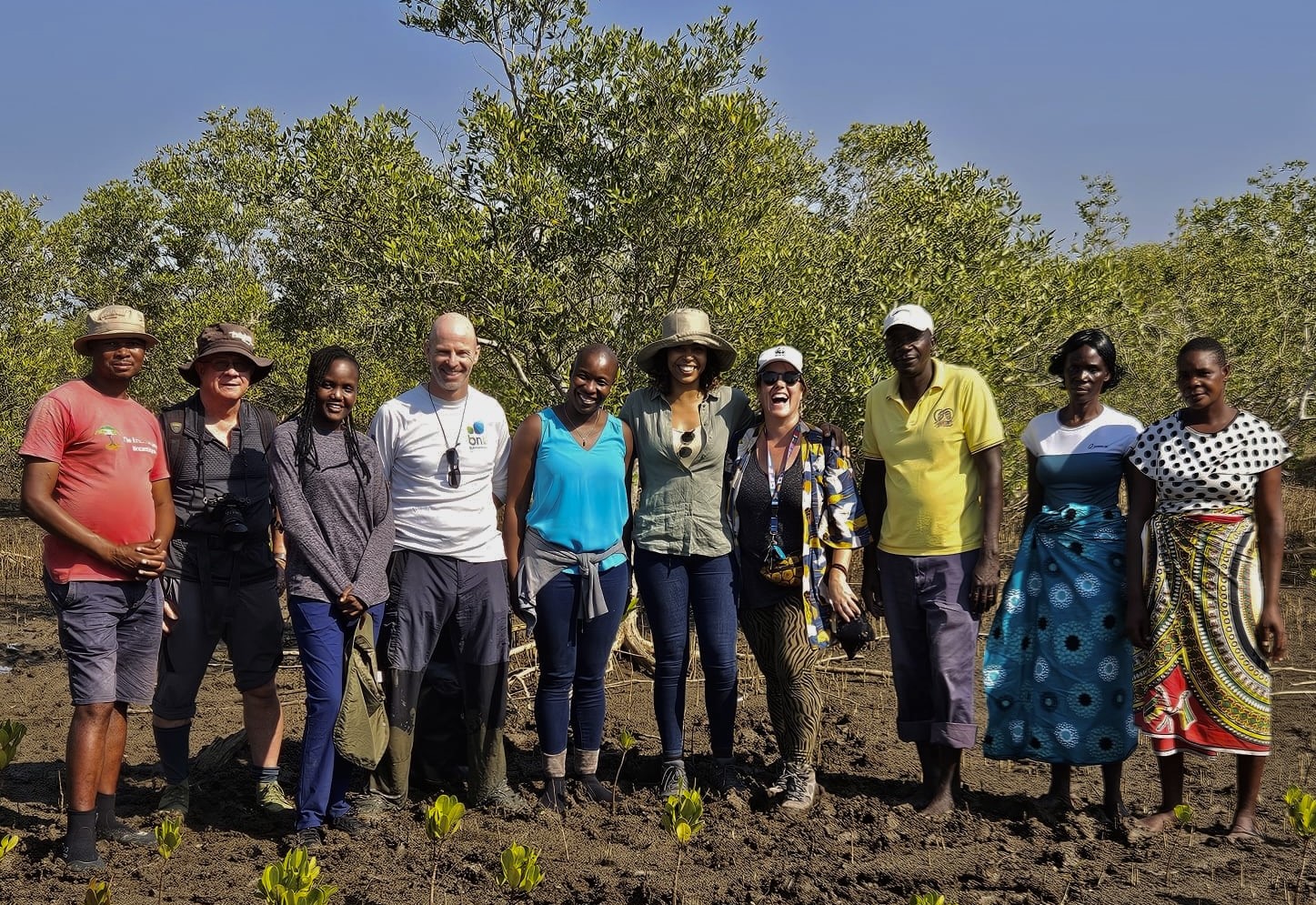
Strengthening Mangrove Restoration in Mozambique
Location: Mozambique
Timeline: 27-30th May 2024
Goal: The program introduced participants to the SOMN initiative and mangrove restoration in Mozambique, enhanced their restoration skills through MAP’s CBEMR approach, and fostered ongoing collaboration via an online platform.
Partners

It encouraged knowledge sharing, networking, and continued collaboration through an internet-based platform to support mangrove conservation and restoration efforts.

Participants were introduced to the SOMN program, current restoration activities in Mozambique, and the challenges facing mangroves in the region.
The program enhanced participants’ mangrove knowledge and restoration skills, focusing on MAP’s CBEMR approach
What we did
Interactive exercises, such as photo assessments of failed restoration projects and small group discussions, helped participants grasp practical restoration techniques. On the final day, participants engaged in a field trip, where they observed local restoration efforts, examined mangrove ecology, and practiced using salinity refractometers. The workshop fostered stronger collaboration among participants, enhanced their understanding of mangrove restoration, and equipped them with the tools and knowledge needed for future projects.
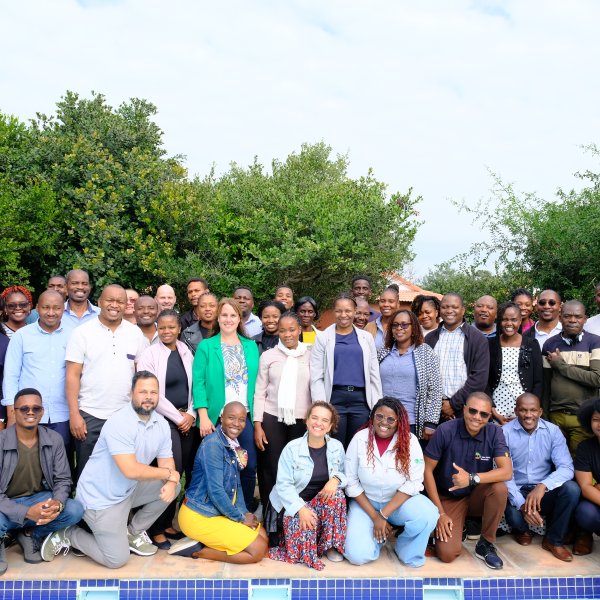
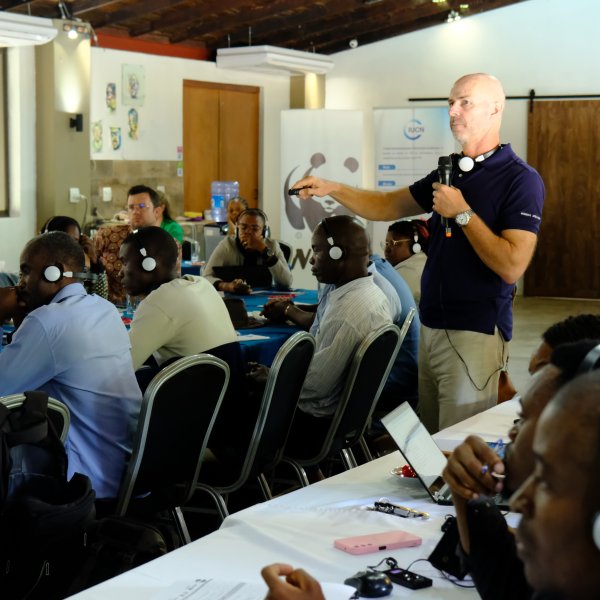
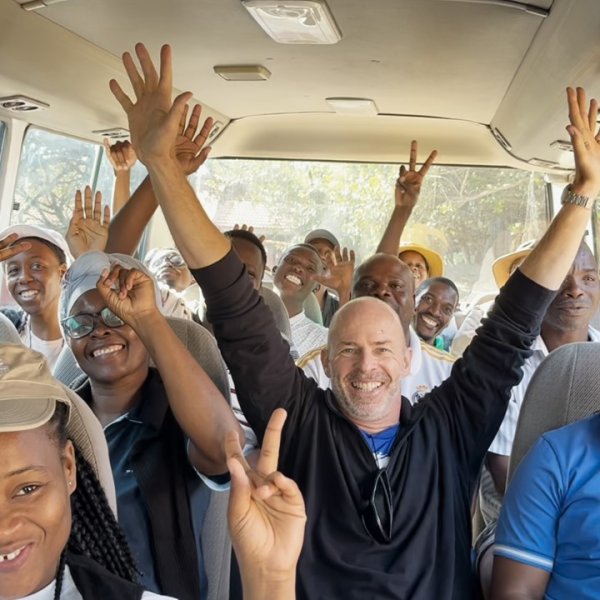
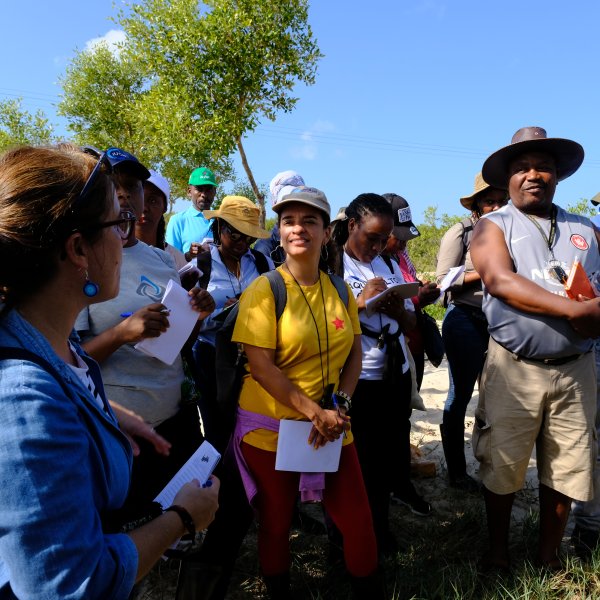
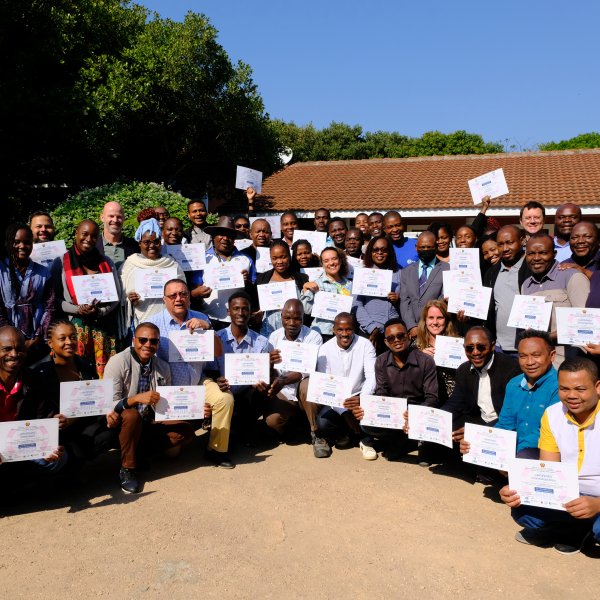
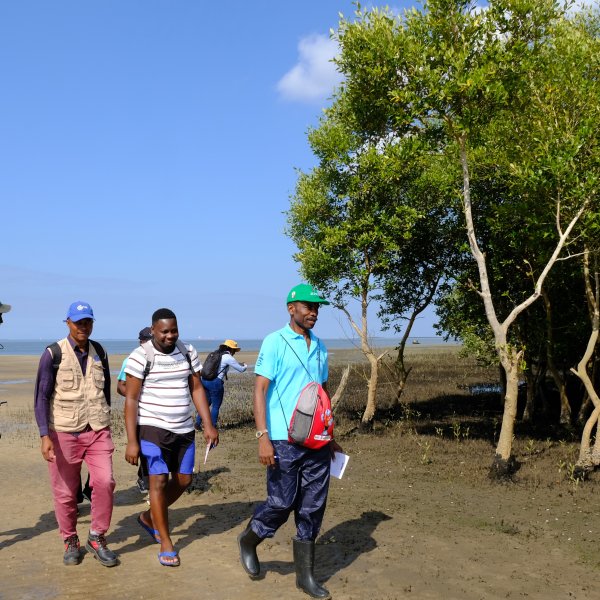
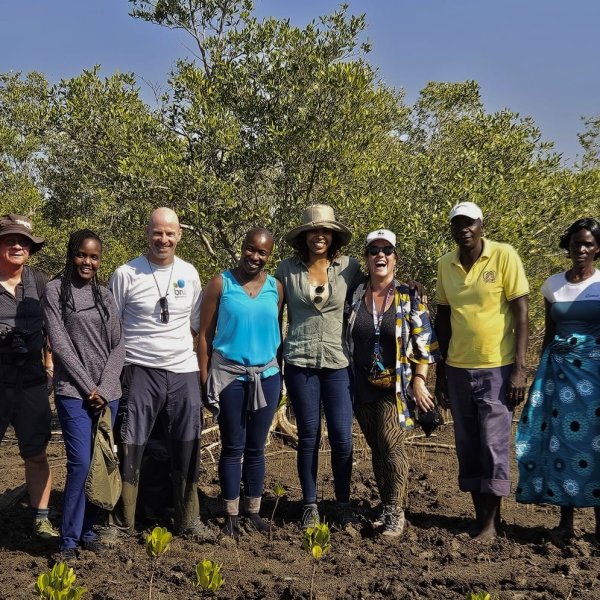
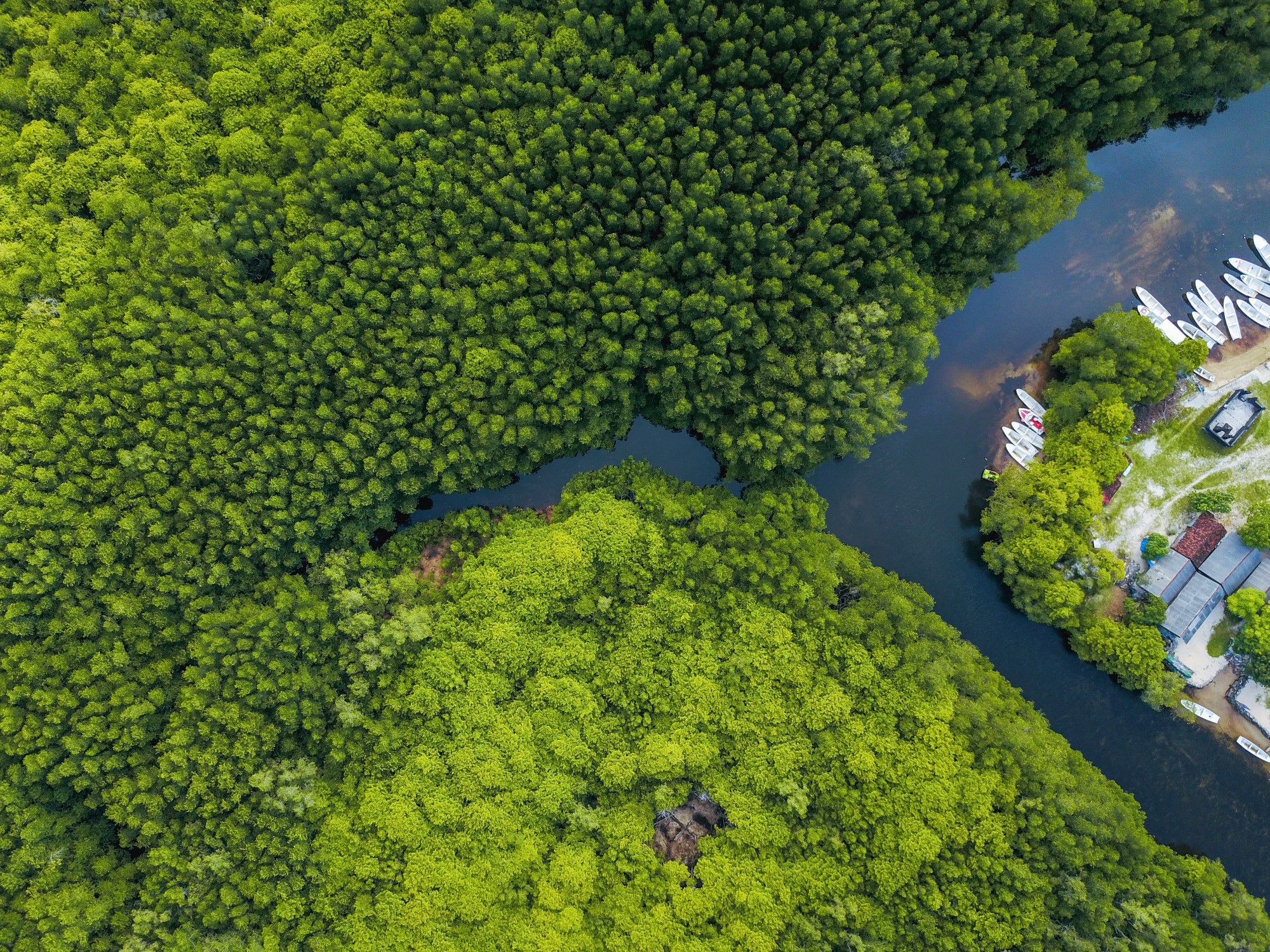
Interested in working with us?
Get in touch with us at dominic@mangroveactionproject.org
Related work
- Read more about Restoring vital ecosystems in Kenya
Restoring vital ecosystems in Kenya
Location: Kenya Timeline: 28th Feb - 21st March 2022 Goal: To share the knowledge and tools for restoring mangroves: a vital…
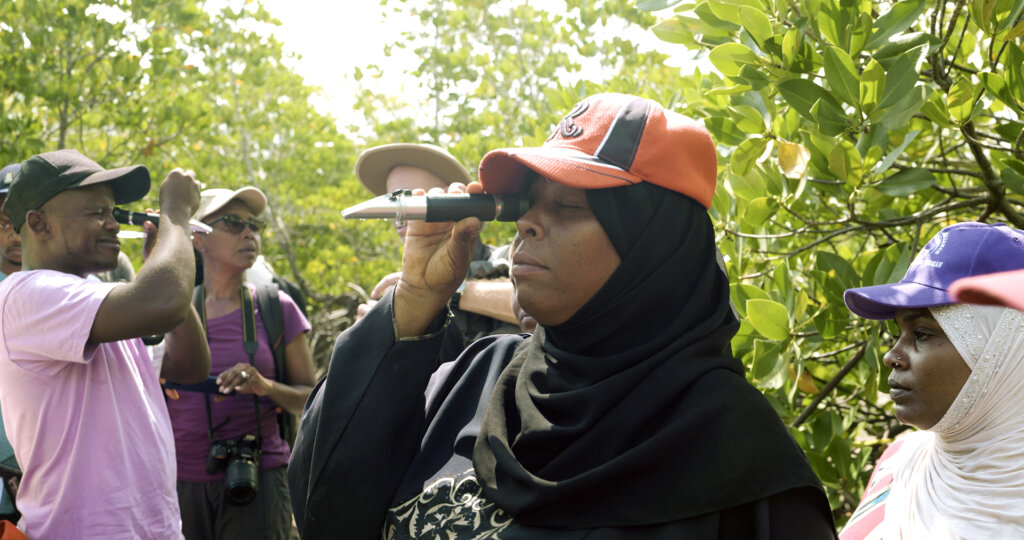
- Read more about Delivering mangrove restoration best practices in the Bahamas
Delivering mangrove restoration best practices in the Bahamas
Location: Bahamas Timeline: March - April 2023 Goal: To support local mangroves restoration efforts and implement best practices for future…
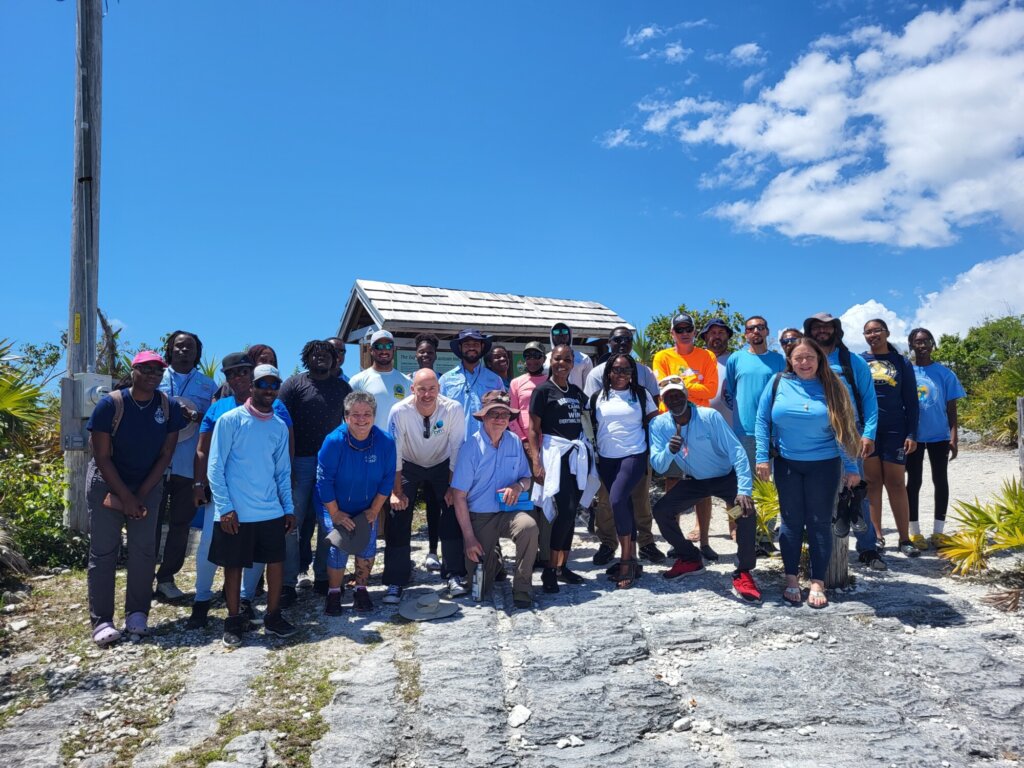
- Read more about Fostering a sustainable network in Honduras
Fostering a sustainable network in Honduras
Location: Honduras Timeline: February 2015 Goal: To work collaboratively with local officials to persuade local villagers and village leaders to reduce…
